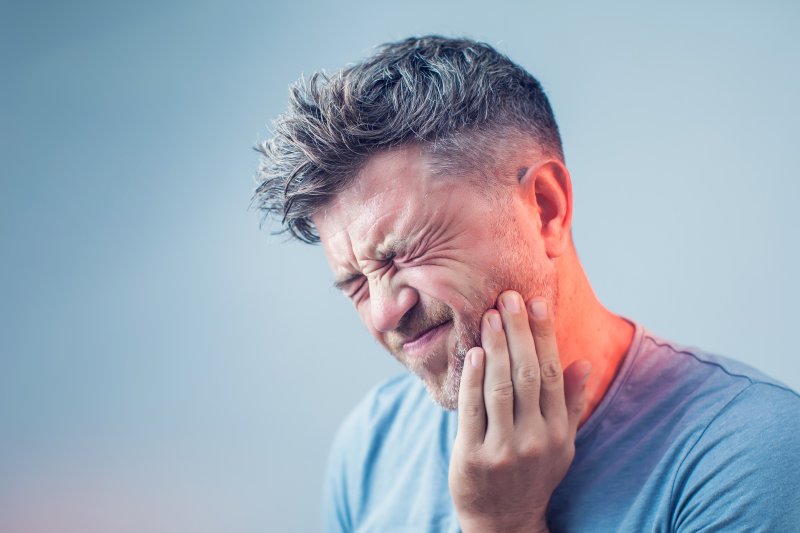
The soft tissues within the mouth can become irritated for a variety of reasons such as friction from dentures, accidentally biting the lips or tongue, or oral infections, but many people get anxious that the sores in their mouths may be signs of oral cancer. While only a qualified doctor can diagnose this serious condition, you may be able to notice a few signs that you should bring your uncomfortable oral blemish to the attention of a medical or dental professional. Here’s a brief guide to how to tell if your oral irritation may indicate the presence of cancer.
What Is a Canker Sore?
Canker sores, also called aphthous ulcers, include a range of unrelated medical conditions within the oral cavity. These unsightly blemishes can present themselves on the lips or in clusters of blisters within the mouth. If they are accompanied by a tingling sensation, they may be fever blisters or cold sores resulting from the herpes virus. In other cases, they can be caused by conditions like chickenpox, shingles, hand, foot, and mouth disease, or an inflammatory condition known as lichen planus.
Is My Oral Sore a Sign of Oral Cancer?
Your oral sore may be a sign of oral cancer if it shows the following attributes:
- Appearance: While a canker sore is usually flat with angry red edges due to the inflammation of surrounding tissue, oral cancers typically involve a small lump that you can feel beneath the blemishes.
- Pain: While canker sores are usually quite uncomfortable, oral cancer does not usually involve pain in its early stages.
- Development: Canker sores usually resolve over two or three weeks. Oral cancer, on the other hand, typically begins as a small spot that slowly grows larger. Oral cancer may also start off white and gradually turn red or begin bleeding.
Are Cancer and Canker Sores Related?
Many cancer patients receiving chemotherapy develop noncancerous mouth ulcers as a side effect. Thankfully, these sores, though uncomfortable, are quite common during this treatment and no cause for alarm.
A few ways to reduce your canker sore-related discomfort and help these ulcers heal quicker include rinsing with salt water or antibacterial mouthwash, using topical treatments such as lidocaine or benzocaine to numb the ulcers, avoiding hot, salty, spicy, or sour foods that can irritate the tissue, and applying ice to reduce pain and swelling. Just remember not to chew any ice placed in your mouth, as this can damage your teeth.
Catching oral cancer early can make all the difference for your health. If you suspect that the sore in your mouth may be something more sinister, bring it to your dentist’s attention as soon as possible.
About the Practice
Advanced Dental Treatment Center offers top-notch oral care that delivers amazing results. Led by Drs. Carini and Farr, the staff ensures that each patient receives 5-star service in a warm and welcoming office environment. The practice offers general, restorative, cosmetic, and emergency dentistry. If you have concerns about the nature of your oral sores, dial (414) 209-7465 or contact the office online.

